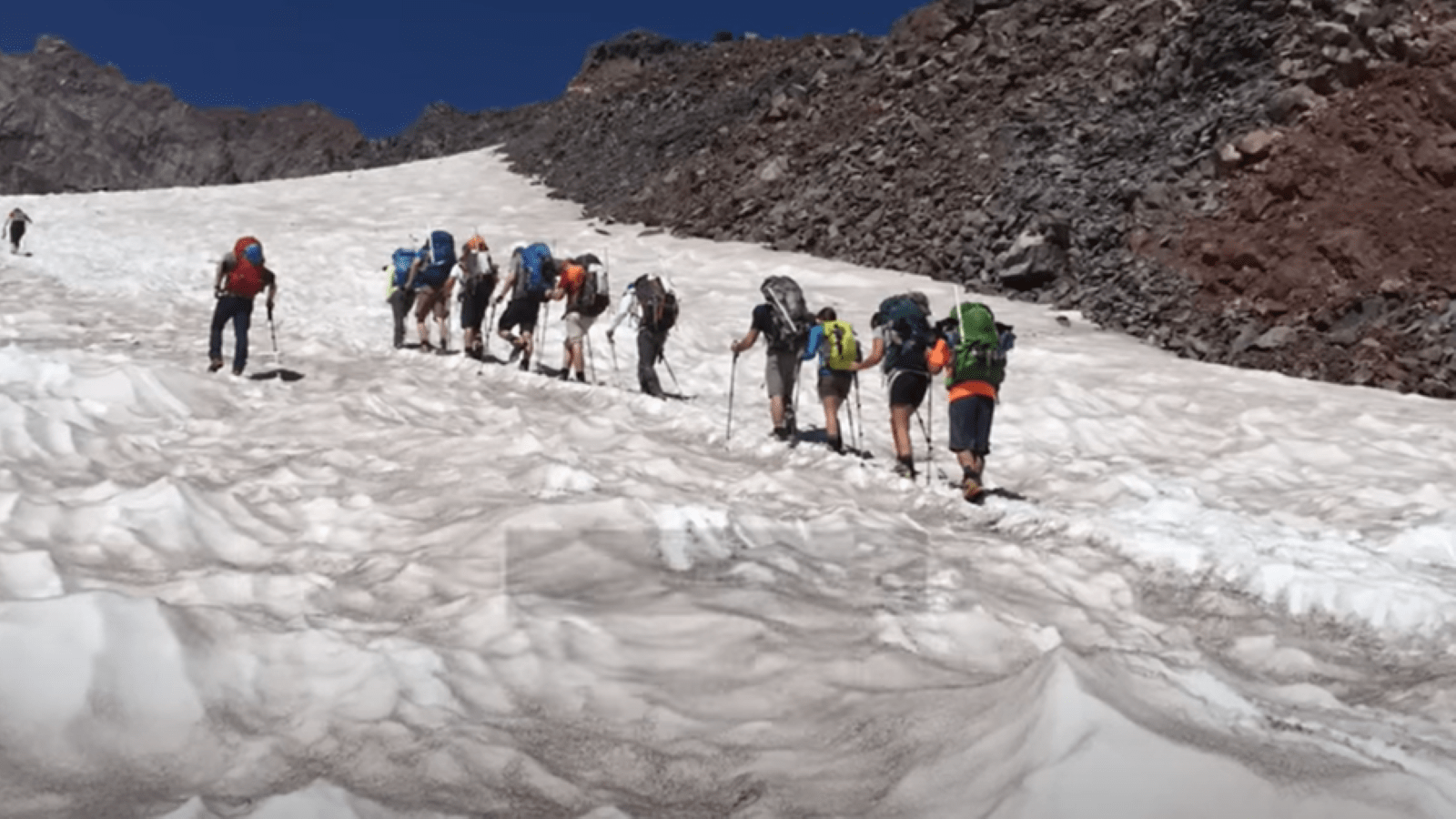Attend any Alpha-1 event and you’ll feel the energy that “Alphas” have for educating others and getting much-needed attention from the medical and scientific community.
Alpha-1 Antitrypsin Deficiency, a rare genetic condition, varies in severity and takes a toll on the lungs and/or liver. Patients whose lungs are affected may need assistive oxygen. The breath-stealing condition gives patients and their advocates a strong sense of urgency. Alpha-1 can shorten lives, which is why the patient community creates memorial patches to wear at events in honor of Alpha-1 patients who have passed away.
As Dee, a patient diagnosed in 2004, put it: “I preach about Alpha-1. I’m here and there are more of us.”
November is Alpha-1 Awareness Month. Learn more about Dee, the late Fred Walsh and research initiative Open Source Imaging Consortium (OSIC), of which CSL Behring was a founding member.
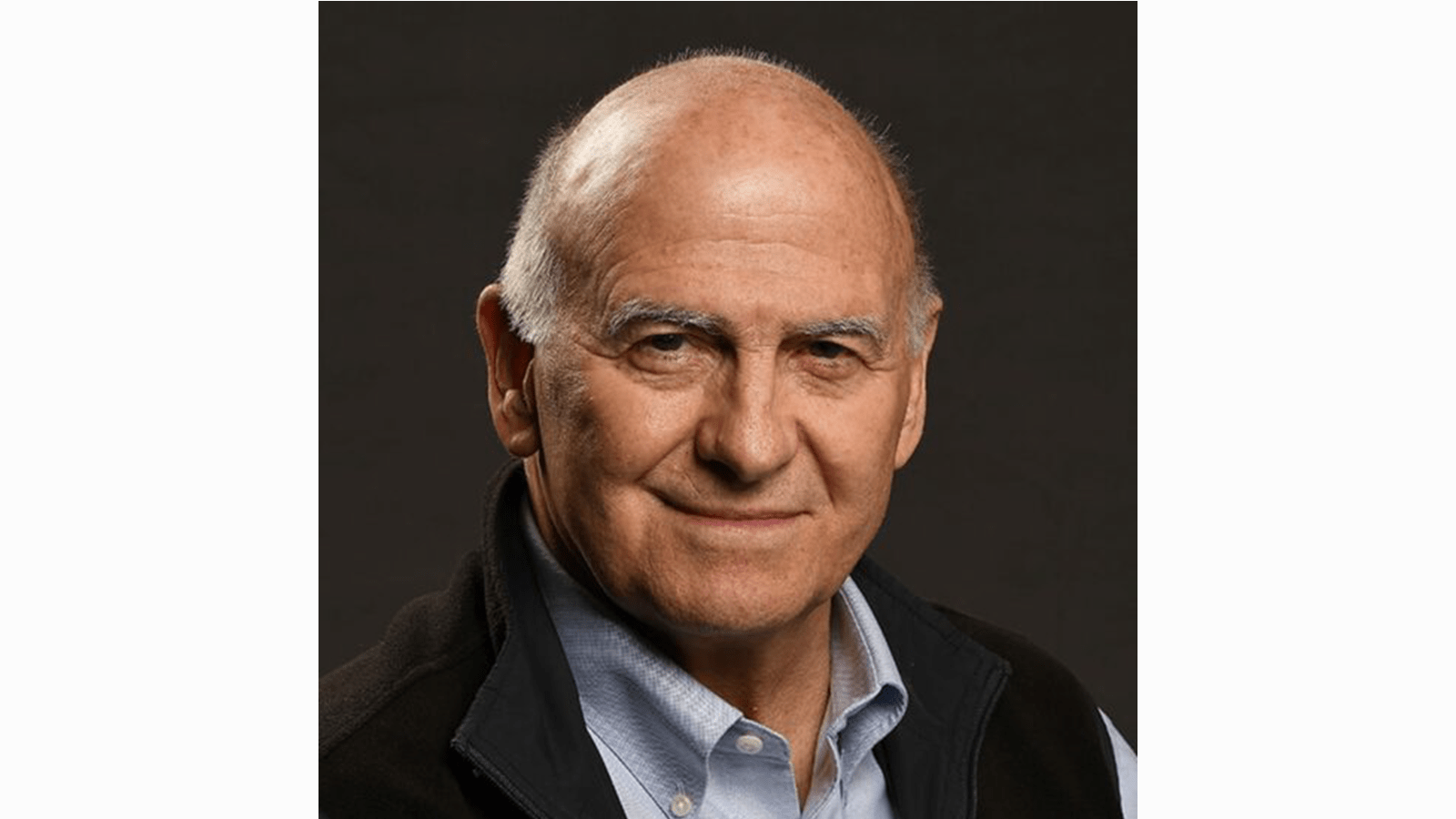
Remembering Fred Walsh: A powerfully kind and dedicated leader, advocate and peer counselor
Genetic conditions like Alpha-1 run in the family, making their impact both devastating and unifying. Fred Walsh, who died September 29, 2024, at 75, was a standout leader in the Alpha-1 community well known for the depth of support he offered patients. His twin brother, John, who died in 2017, was among the three founders of the Alpha-1 Foundation.
The Walsh brothers lost their mother, Helen, when they were teenagers. At the time, Alpha-1 was not well understood and Helen Walsh, a nonsmoker, was diagnosed with early-onset emphysema. Fred Walsh – affectionately – called his brother John “a pit bull” for the cause and, by serving for 29 years as a coordinator of AlphaNet, found his own way to make a lasting impact on the Alpha-1 community.
AlphaNet, is a peer-to-peer resource that connects Alpha-1 patients with other patients who have been trained to provide disease management, education and caring support. Fred Walsh also served as Vice Chair of the Alpha-1 Foundation Board of Directors.
“He was such a good man and was a member of everyone’s support system if they needed it,” patient advocate Jonathan Maidment said in a Facebook post. Maidment has hiked thousands of miles to raise funds and awareness about the condition.
“The response to Fred Walsh’s passing speaks volumes,” said Diego Sacristan, Senior Vice President, International, CSL Behring. “We at CSL celebrate his legacy and share in the loss of such an articulate and empathetic voice for the Alpha-1 Foundation, AlphaNet and Alpha-1 patients.”
Walsh, of Duxbury, Massachusetts, had degrees in history and counseling, taught high school and then joined a mid-size construction company, working until his health declined. He received a double lung transplant in 2016. At an FDA public meeting in 2015, he reflected on what Alpha-1 patients needed and gave vivid examples of how an Alpha-1 diagnosis can upend a family’s day-to-day life and their hopes for the future. Parents are plunged into worry over kids diagnosed at a young age, he said. Older patients endure the stress of a forced career switch when their health fails, putting pressure on their partners.
“So, what do we need?” Walsh asked. “We need a cure, and a cure that gives us a future to look forward to…maybe not for us, but for our children.”
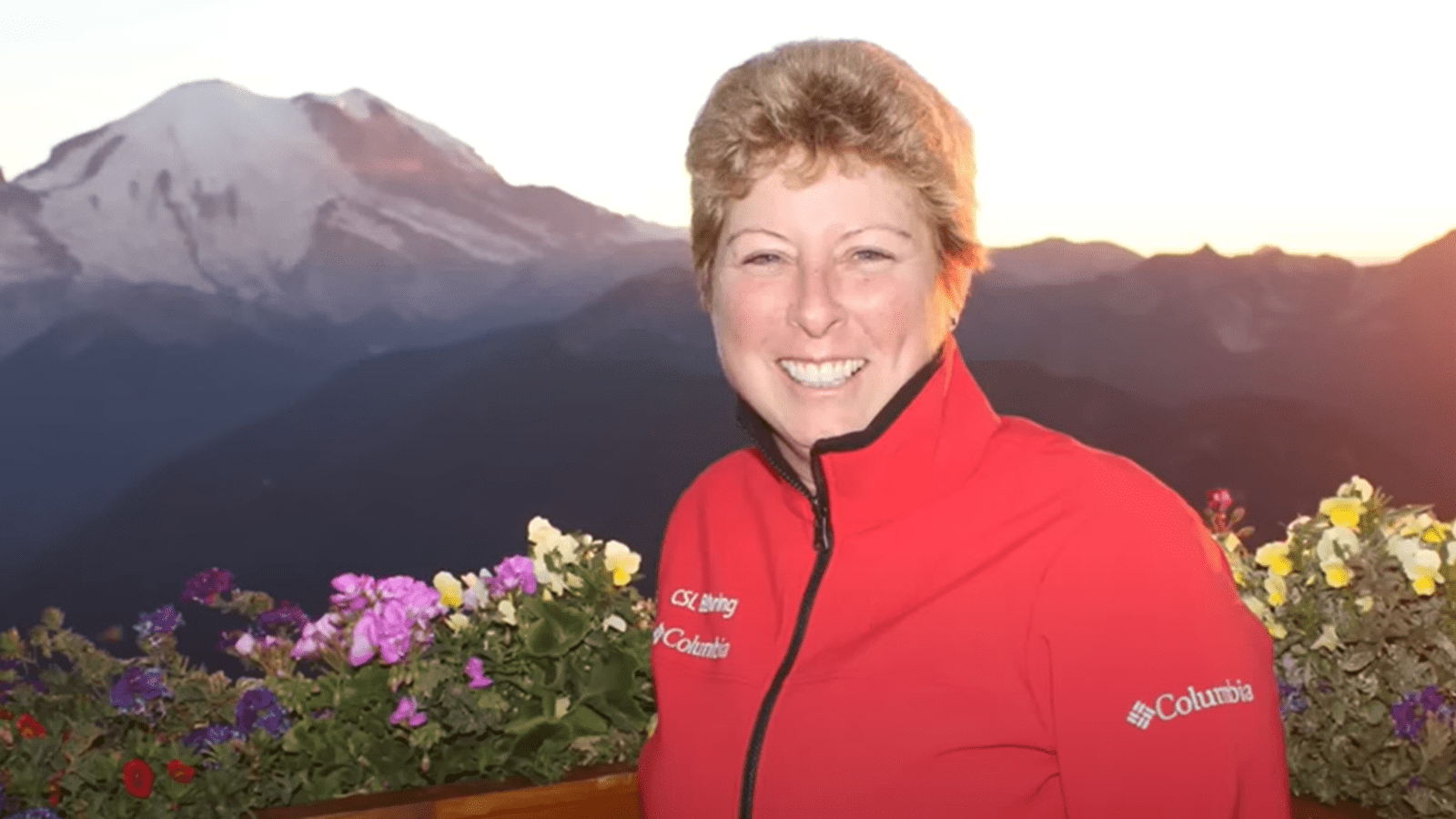
Dee: A patient who keeps climbing mountains
Some mountains are literal, like Mount Rainier which Dee climbed in 2015 alongside a team of CSL Behring employees. And then there are the mountain-sized challenges that stand in a person’s way or the tall orders they put on their own bucket list. Dee, a retired law enforcement officer, says yes to all of them.
Twenty years ago, when Alpha-1 was lesser understood, a doctor told her she would live an estimated 10 years. But treatment advances put her on a course for more adventures: hiking Mount Baker in Washington state, “being an avid fisherperson” all summer in Wisconsin, pedal-kayaking at her lake house, yearly trips to Alaska – including an outing in negative-33-degree cold.
“Do you know what a halibut is?” Dee asks. She caught a 60-pound one in Kodiak, Alaska. Reeling it in meant “I had to use everything in my toolbox,” she said.
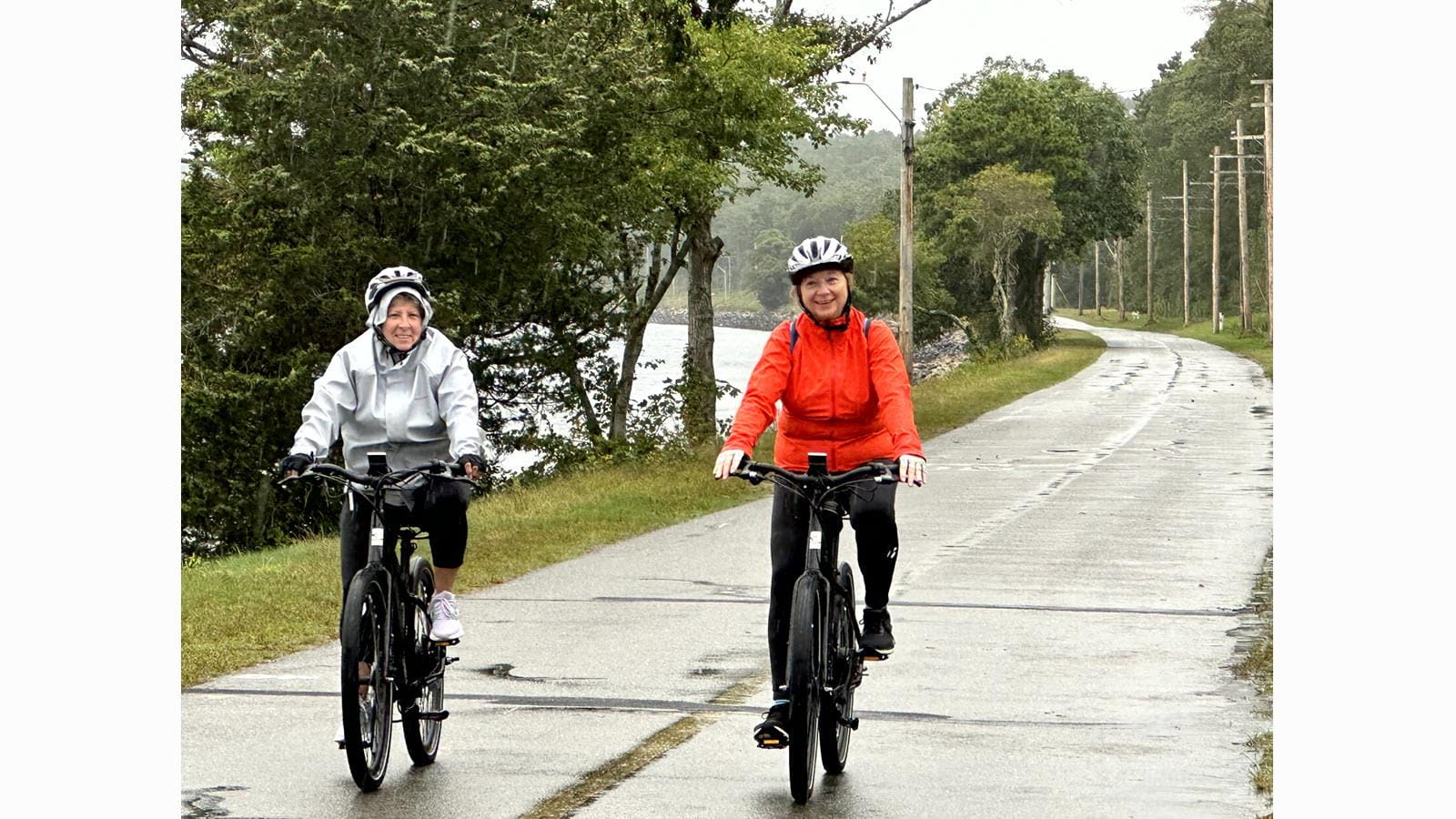
Then there’s cycling, something she returned to in 2023, not knowing whether she would remember how to ride a bike. But she did remember and took part in the Escape to the Cape Bike Trek in Cape Cod, Massachusetts. At the event that raises money and awareness for respiratory diseases, last year Dee rode 33 miles in the rain alongside Linda Cornwell, a CSL Behring Patient Engagement Associate. This year, they rode an additional six miles together for a total of 39 miles.
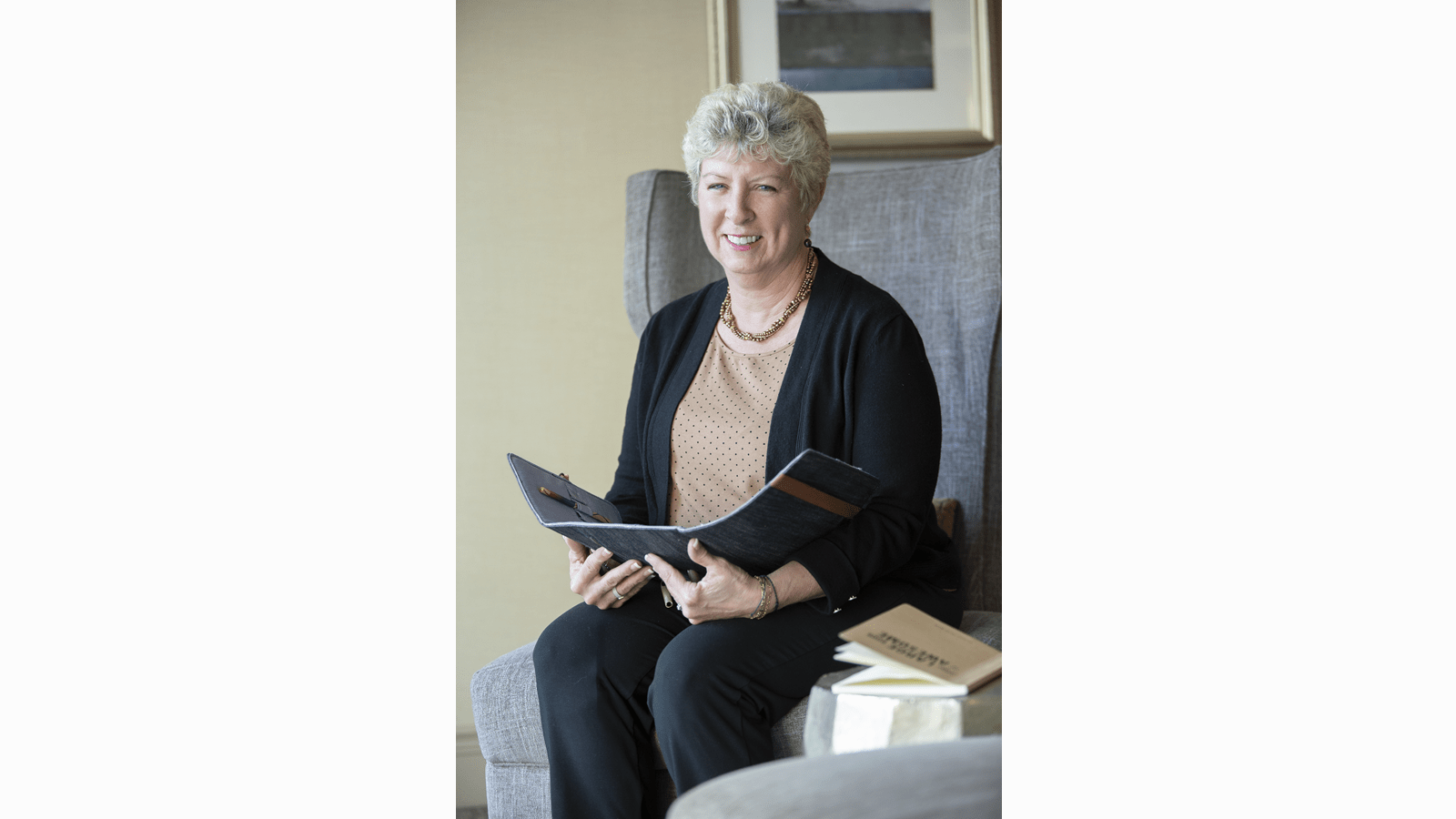
But Dee, who counsels fellow patients as a CSL patient advocate, knows that people will have varied experiences with Alpha-1. She says she feels blessed to be so active, though she does have occasional exacerbations and hospitalizations. Every patient’s story is different, Dee says. But being a retiree who keeps her schedule of mental and physical activity can be inspiring to others. She recently counseled parents of a newborn who has the genetic condition, which can be diagnosed with a simple blood test.
“I can comfort people. I told them to take it a step at a time,” Dee said. If I can keep going myself, I can keep other people going.”
CSL Behring manufactures medicines for Alpha-1 and other rare conditions. Bob Lojewski, Senior Vice President, Head of Commercial, US, CSL Behring, said Dee is an inspiration to Alpha-1 patients and to CSL Behring employees.
“Dee’s story, her compassion for other Alphas and her accomplishments remind us what our work is all about,” he said.
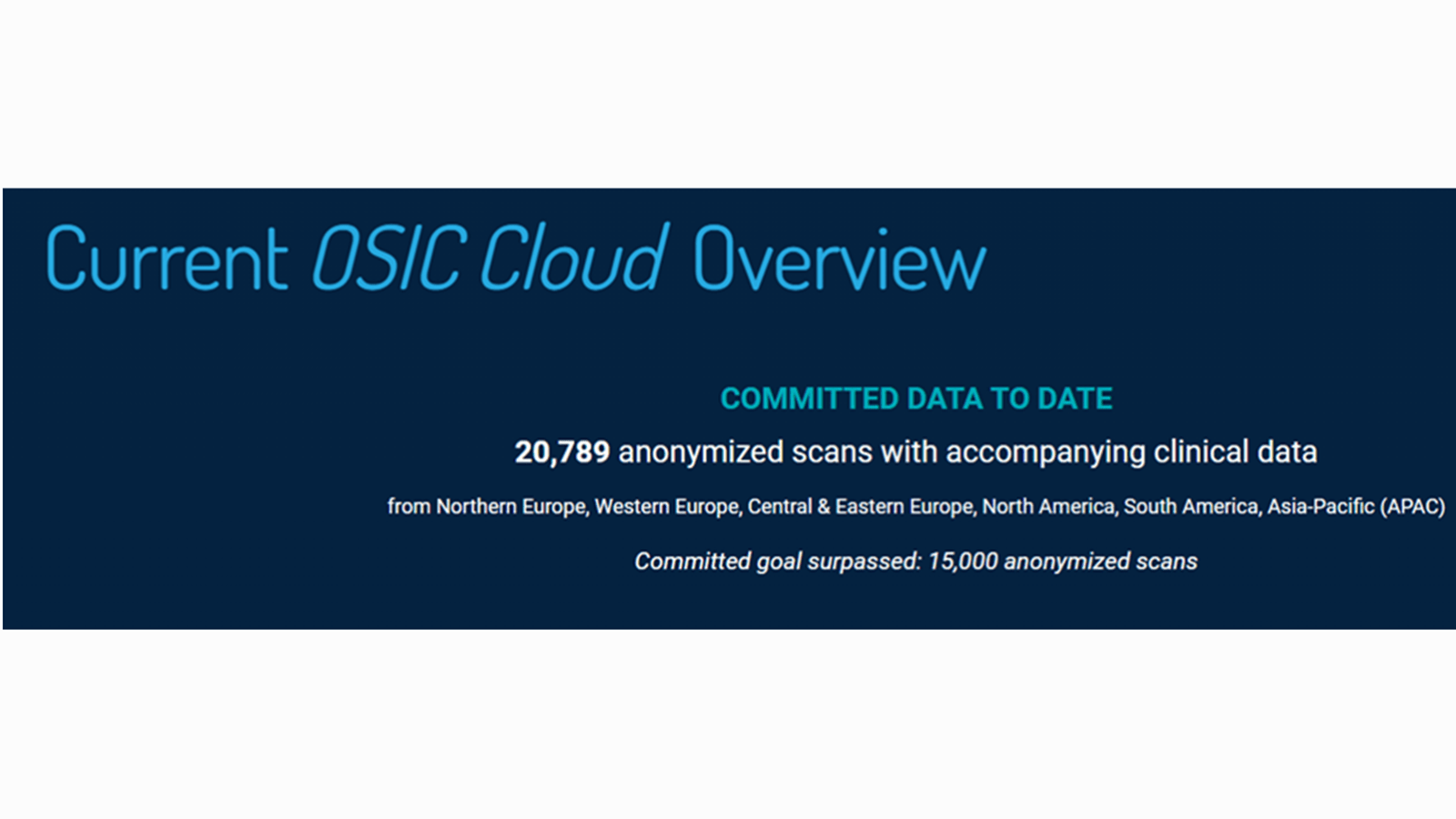
The Open Source Imaging Consortium: Using AI to unravel the mysteries of respiratory conditions
The Open Source Imaging Consortium (OSIC) runs on artificial intelligence, medical technology and envelope-pushing innovation, but it took something else to get the initiative off the ground five years ago: the willingness to share.
Multiple stakeholders agreed to pool and share anonymized data, enabling the creation of an open-source repository of lung scans with an audacious goal: to revolutionize medical care for respiratory patients. Founded in 2019, OSIC partners – including founding member CSL – made it happen. OSIC members include industry competitors, universities, hospitals, experts in pulmonology, radiology and artificial intelligence – plus patient organizations.
The consortium set out to track idiopathic pulmonary fibrosis (IPF), unexplained scarring of the lungs, and has since broadened its mission to include other interstitial lung diseases and Alpha-1 Antitrypsin Deficiency, though it is not exclusively a lung disease.
CSL sponsored symposia at the European Respiratory Society (ERS) Congress in both 2023 and 2024, including a discussion about bronchiectasis, a chronic, abnormal dilation of the bronchi, which are airways in the lungs. Bronchiectasis is associated with lung diseases, including Alpha-1.
Watch the video below to learn more about CSL’s involvement in the launch of OSIC.
OSIC’s primary goal is to amass thousands of high-resolution computed tomography (HRCT) lung scans and enter them into an open-source database that includes accompanying clinical data anonymized to protect patient privacy. The hope is that the power of artificial intelligence will reveal patterns now hidden in the data scattered among numerous institutions and medical facilities.
OSIC continues to pile up datapoints about complex lung diseases and aims to be a transformative resource for the world’s researchers. The consortium has amassed nearly 21,000 anonymized scans with accompanying clinical data. The data include contributions from all parts of Europe, North America, South America and Asia-Pacific.
The OSIC database “could be an aggregation model for rare lung disease,” OSIC Executive Director Elizabeth Estes said.
“Our No. 1 goal is to make radical progress on behalf of patients” through faster diagnosis and improved treatments for potentially fatal conditions, she said.



